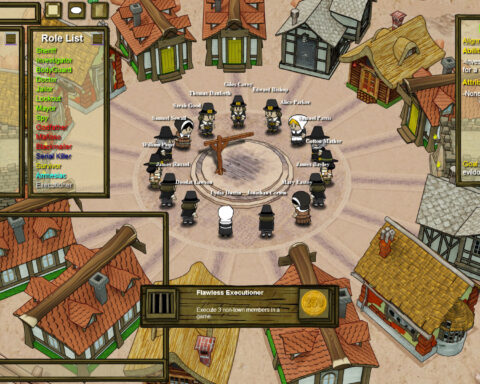The hacker manifesto is a famous essay that was published on January 8, 1986 by a hacker known as The Mentor. The piece was first published in the hacker zine Phrack, a magazine by and for hackers. The essay is considered one of the most famous descriptions of the philosophy of hackers.
Introducing the Hacker Manifesto
From reading the essay, it would seem The Mentor – whose real name is Loyd Blankenship – wrote the Hacker Manifesto: “The Conscience of a Hacker” as a response to the persecution of hackers in the 80s.
“Another one got caught today, it’s all over the papers. ‘Teenager arrested in computer crime scandal’, ‘Hacker arrested after bank tampering,'” he said at the beginning of the essay. That means the essay must have been inspired by the increased clampdown on hackers. And as a hacker himself, he felt most people did not understand their world.
“This is our world now. The world of the electron and the switch, the beauty of the baud,” The Mentor wrote. “We explore, and you call us criminals. We seek after knowledge, and you call us criminals. We exist without skin color, without nationality, without religious bias, and you call us criminals,” he said, trying to dismiss the negative perception most people have about hackers and creating a new narrative for hackers’ world.
How Hackers Were Molded

The hacker manifesto, which was widely distributed in the Computer Underground (CU) in the 80s, explains how hackers became who they are.
The essay emphasizes the point that hackers turn to their computers as a form of emotional solace and mental stimulation because they are often misunderstood by their teachers, parents, and peers.
“I’ve listened to the teacher explain for the fifteenth time how to reduce a fraction. I understand it. ‘No, Mrs. Smith, I didn’t show my work. I did it in my head…’ Damn kid. Probably copied it. They’re all alike,” he wrote, explaining how teachers do not understand how they get their work done.
“You bet your ass we’re all alike… We’ve been spoon-fed baby food at school when we hungered for steak… The bits of meat that you did let slip through were pre-chewed and tasteless. We’ve been dominated by sadists, or ignored by the apathetic. The few that had something to teach found us willing pupils, but those few are like drops of water in the desert,” he said concerning how mentally unstimulating school had been for most hackers. They wanted a much bigger problem to solve. However, the classroom only offered them things that didn’t challenge their mental process.
Hacking has a lot to do with problem-solving. Hackers pride themselves in being able to solve hard problems like building complex systems and finding loopholes in other people’s systems. Furthermore, hackers are often more curious than the average person. They want to understand how things work and find weaknesses in the structure.
“Yes, I am a criminal. My crime is that of curiosity. My crime is that of judging people by what they say and think, not what they look like. My crime is that of outsmarting you, something that you will never forgive me for,” The Mentor concluded the essay.






